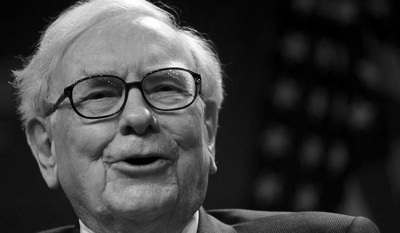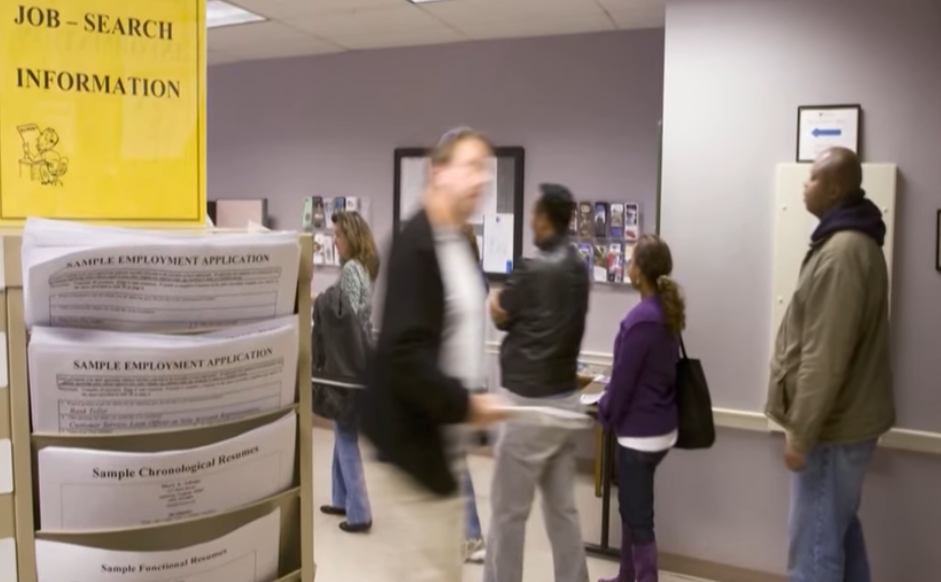The rich don’t care about creating jobs. If they did, they would invest in the American infrastructure to help create millions of jobs as a result. So what really goes on in a billionaire’s brain?
Many of us wonder what possible reason could exist for the failure to invest in American infrastructure, to create millions of jobs as a result, and to help everyone in the long run. Analysis reveals personality traits and beliefs and misconceptions that might account for such behavior.
Here’s a look inside the billion-dollar brain:
1. It’s All About Me
Several studies by Paul Piff and his colleagues have revealed that upper-class individuals tend to be narcissistic, with a clear sense of entitlement. Worse yet, they believe their talents and attributes – genius, even – have earned them a rightful position of status over everyone else.
Scarier yet, according to one study, the American sense of entitlement has been growing over the past 30 years, despite the fact that most of us have lost ground to the super-rich. And most disturbing is that ‘upper-class’ individuals tend to behave more unethically than average citizens.
This “all about me” attitude means that the wealthy don’t have to depend on others, and that they have less need to understand the feelings of others. This directly impacts our daily lives. The greater the concentration of wealth, the less a society invests in infrastructure. Our investment in infrastructure as a percent of GDP dropped by 60 percent from 1968 to 2011.
As the super-rich take their helicopters to and from work, they’re having multi-million-dollar bunkers built under their houses to sustain them when the middle-class revolution comes.
2. It’s All About Lazy People Who Refuse to Work
Congressmen and CEOs don’t normally see the people affected by their actions. This leads to a resentment of the poor, and imagined abuses in the minds of people like Paul Ryan and Scott Walker, both of whom likened the safety net to a “hammock,” and Texas Republican Louie Gohmert, who decried the purchase of crab legs by people on a $5-a-day food stamp budget.
John Boehner daydreamed: “This idea that has been born…that, you know, ‘I really don’t have to work…I think I’d rather just sit around.’”
Almost all healthy adult Americans, of course, want to work. But in 2011 Senate Republicans killed a proposed $447 billion jobs bill that would have added about two million jobs to the economy.
Members of Congress filibustered Nancy Pelosi’s “Prevention of Outsourcing Act,” even as a million jobs were being outsourced, and they temporarily blocked the “Small Business Jobs Act.” In April, 2013 only one member of Congress bothered to show up for a hearing onunemployment. When asked what he would do to bring jobs to Kentucky, Mitch McConnell responded, “That is not my job. It is the primary responsibility of the state Commerce Cabinet.”
The lazy people who refuse to work are, in reality, the tax avoiders who are getting $2.2 trillion without having to work for it.
The Safety Net costs us $370 Billion.
But Tax Avoidance costs us $2,200 Billion (tax expenditures, tax underpayments, tax havens, and corporate nonpayment). That’s $2.2 trillion, six times more than the safety net, most of it benefiting the wealthiest Americans.
3. It’s All About Waiting for the Free Market to Work Its Magic
Conservative analyst Michael Barone said, “Markets work. But sometimes they take time.” Thirty-five years, so far. Beneficiaries of low taxes and deregulation desperately want to believe that “trickle-down” works, or at least to convince middle America that it works. They want to believe, against all logic, that lower taxes mean more tax revenue.
Please see NationOfChange for more






